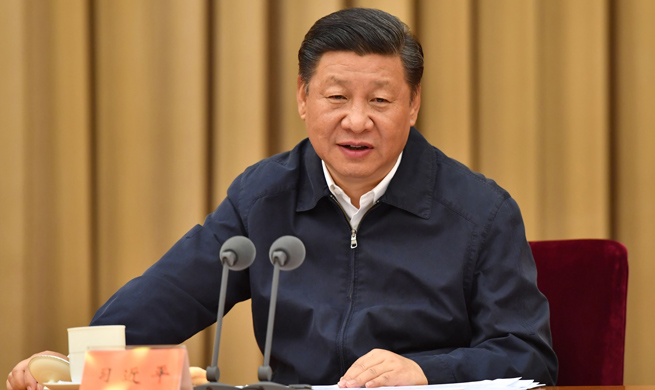by Xinhua writers Yuan Quan and Guo Jingdan
BEIJING, July 17 (Xinhua) -- Jiang Tao, 42, thinks that the best way to commemorate China's resistance against Japanese invasion 80 years ago is to recount the war as it happened day by day.
On July 7, 2012, the history lover and Internet entrepreneur opened the Kangzhanzhibo, or "Real-Time War Against Japanese Invasion", on the Weibo social network. Here he documents what was happening each day from July 7, 1937, when Japanese troops attacked the Lugou Bridge, also known as Marco Polo Bridge, on the outskirts of Beijing, triggering China's full-scale resistance against the invasion.
By day Jiang runs his business in Shanghai, but around the clock 1.41 million people follow his storytelling. He posts several times a day on events recorded by Chinese newspapers from 1937 to 1945, as if you were reading reports from that day.
"Let us go back to the days and nights 80 years ago with our predecessors, to share their humiliation, despair, glories and dreams," Jiang wrote on the first day.
Inspired by Twitter account "RealTimeWWII", Jiang documents the war through news, photos and cartoons from online library archives. Two partners who are military enthusiasts post information on weapons used at the time.
The team has news from behind and on all the Chinese lines. They posted Nationalist leader Chiang Kai-shek's speech calling for perseverance in resistance, as well as a Communist general's diary revealing the reasons of a military defeat.
"To better remember history, we younger generations should have a comprehensive understanding of the war," Jiang says.
"We also focus on the ordinary people, who stood up to fight the Japanese invasion."
One report from Nov. 18, 1937, impressed him: an Australian court found in favor of 36 Chinese sailors after a local shipping company sued them because they refused to transport Japanese weapons. Ten days earlier, 158 Chinese sailors working in the Netherlands quit their jobs for the same reason and returned to China to join the war.
Jiang posted such news about overseas sailors with pictures under the headline "Patriotism is Innocent."H "Compared with forces on the front line, overseas Chinese sailors had very little media coverage and public attention, but they made a contribution to support their motherland in wartime at the risk of losing their jobs or even freedom," says Jiang. "They should be remembered."
One poster who had followed the account since 2012 said Jiang had set an example of perseverance, which was also key to the final victory.
His perseverance has paid off. It took him two years to get 300,000 followers, and five years to break 1.41 million. "I started it five years ago to honor people who fought in the war. I did not expect so many supporters and followers."
He is pleased to see some posts have sparked academic debate, but Jiang also humbly corrects errors when they are pointed out.
He also organizes offline events, such as inviting veterans to speak in universities.
He says the posts will continue until Aug. 15, 2020, the "victory day" when the Japanese surrendered in 1945.
"I feel a responsibility to pass on the stories of those who made great contributions in the war."
















